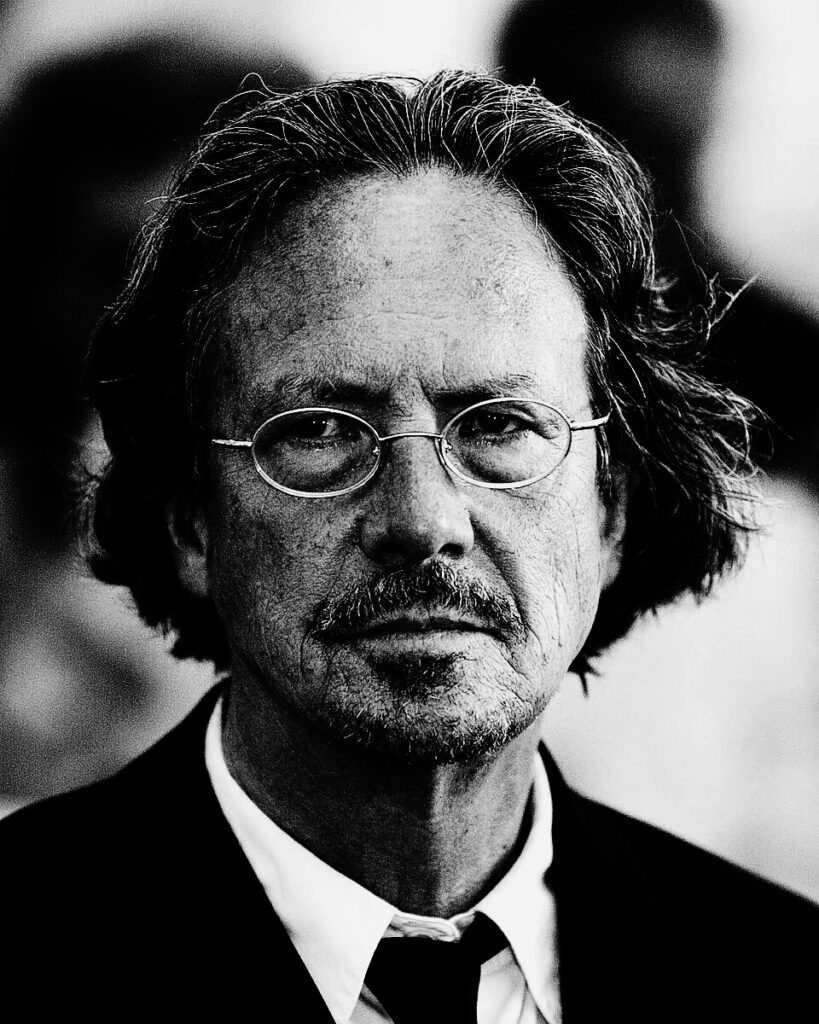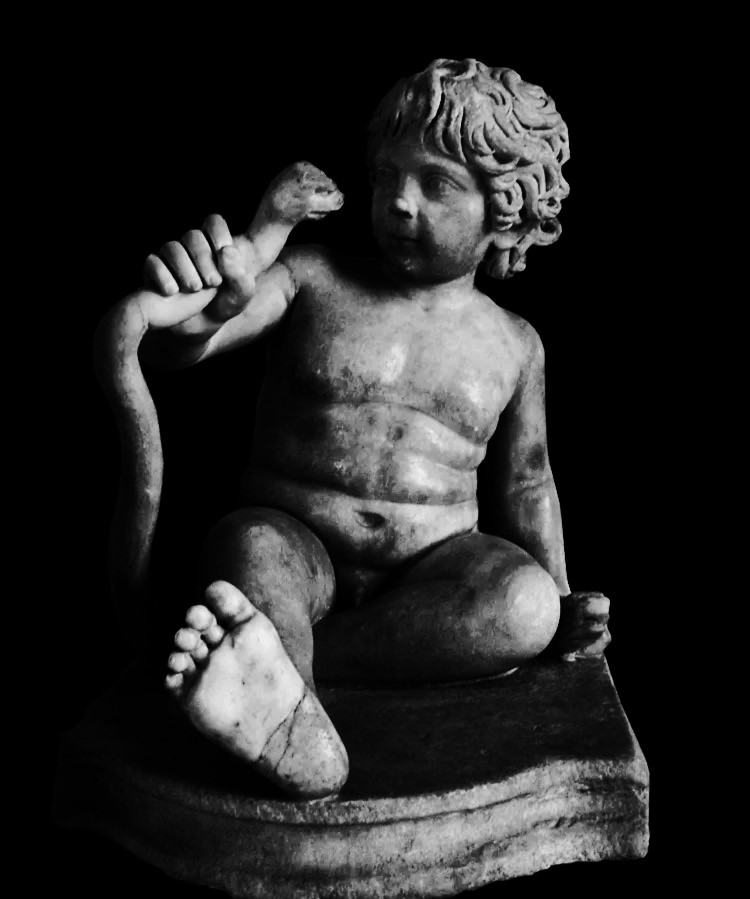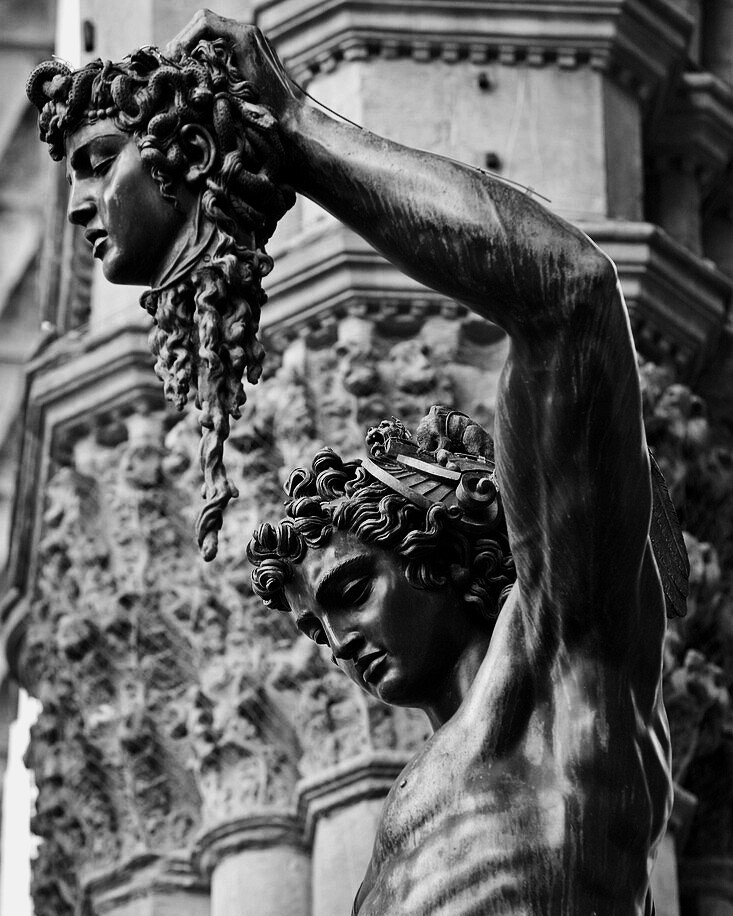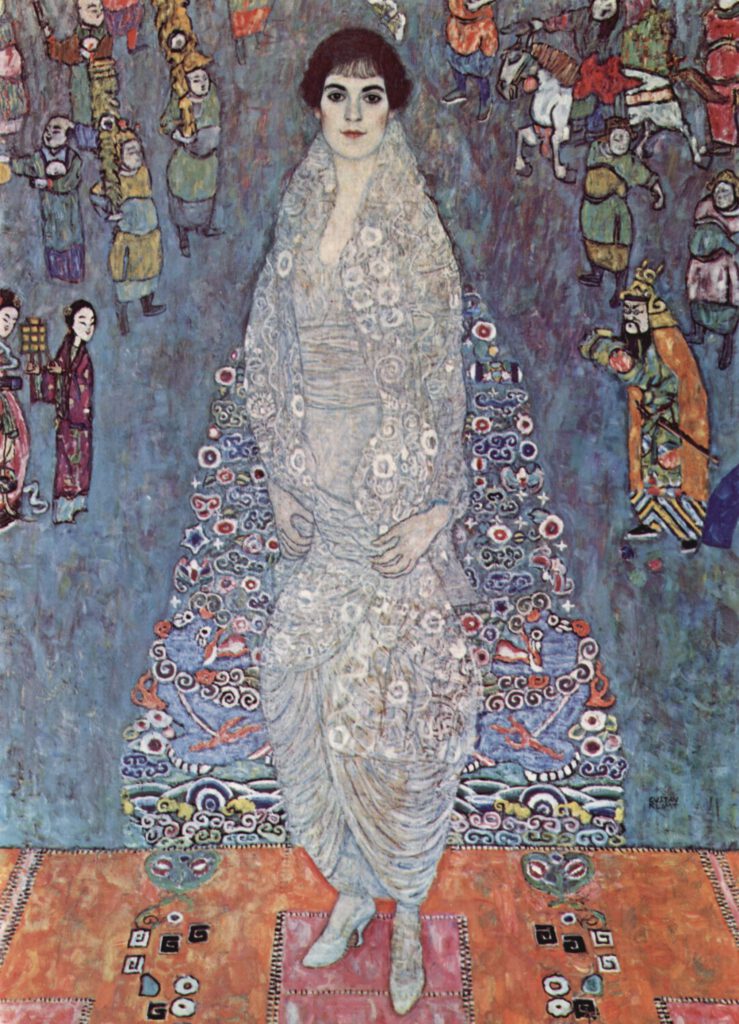The pervasive influence of kitsch, and the commercialization of Europe, is the result of the adoption of American standards of taste. If we take Spengler at his word, when he claims that a culture is best understood, by analyzing their works of art—for, this would allow us to determine what the culture valued, and cared for—then, it is easy to see where America becomes a detriment to all rooted cultures. Americanism is the product of an uprooted civilization (lacking the enduring cultural qualities of many European traditions), which threatens to cast its shadow over major European cities. Americanism supplants European culture, rather than allowing it to persist; it asks Europe to conform, rather than retain any of its vestigial elements. This is why the shadow of America, wishes to eclipse any culture, which is contrary to its own. At present, “Trumpian America” is beginning to increase its presence in Europe. Governed by a body of elites, driven by technological optimization—who openly disavow the European leaders, of whom are unwilling to both parrot the values of America, and abide by their established economic dictates.
An American dictum, can be stated as follows: “We will allow you to be free, if and only if, you conform to our tastes.” The influence of America is paternalistic. The paternal control the American system wishes to exert on Europe, is total—uncompromisingly pernicious. American corporations begin to occupy spaces in all the major cities, as well as the provincial regions of Greater Europe. Who can foresee an end to the eclipsing paternalistic presence of Americanism—a leveling mechanism, not unlike the customs of invading forces, during former epochs. However, the kitsch “spirit” of the American media industry, is more subversive, than any militaristic force; the inherent nihilistic world-view, that Americanism brings (as a natural consequence), is more inconspicuous than the actions of American leaders, at the closing of East-Berlin.
In prior decades, European leaders seem to have conceded to the Ausländer, without any form of resistance; without asserting any degree of autonomy. In the present historical situation, European leaders often operate as sycophants, whom cater to the paternalistic government of America—naively thinking, that they can profit from the economic prosperity, of the American, not ascertaining the drastic consequences, any amount of dealings with the Faustian Figure, doth bring. Perhaps a healthy reminder to all citizens of Europe should be in order. The entire Western world would be insignificant without European letters, political philosophy, and all High Art (from Phidian architecture to the music of Monteverdi.) In this sense, the empire of America has received all of its culture from its European forefathers. Even if the lineage of Europe has been largely severed from the American consciousness. Ultimately, America is indebted to Europe, which could lead one to humility, if properly meditated upon.
If Europeans allow the authority of a supplanted civilization (such as America), into the consciousness of their country, all regional, national, and intrinsic identity of the people, becomes subsumed into a value vacuum, of the most Faustian kind. What precisely is Faust, tempting the fading European with? How could the autochthon voluntarily choose the identity of the Ausländer? Should the Faustian offer be economic prosperity, and not cultural formation; should it demand a nation, to efface itself, in exchange for profit, superficial diplomacy, and the promises of paternal care, know, that this is the acceptance of a slavish state, which, if accepted, becomes irreversible.


















